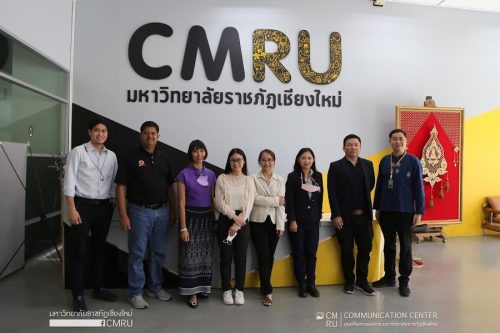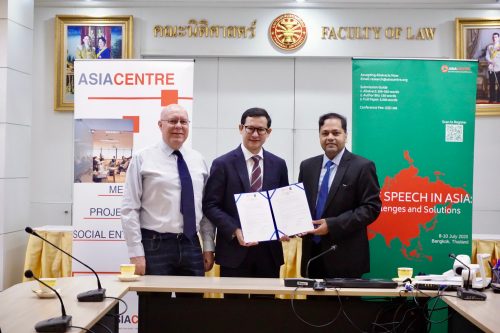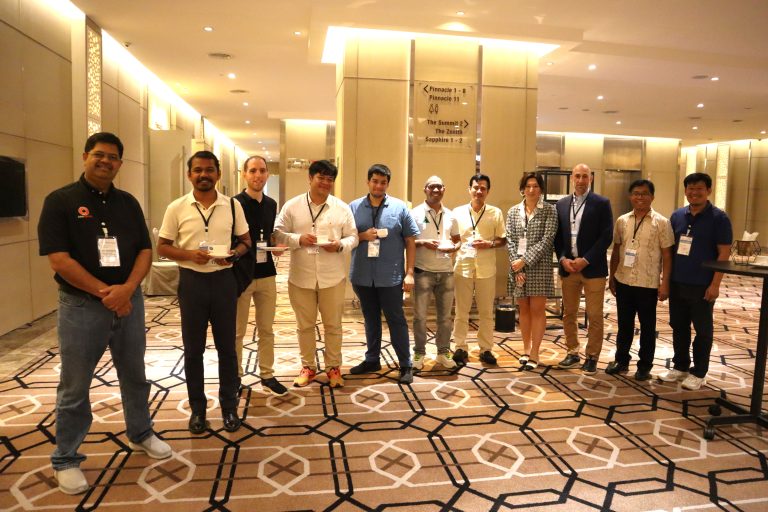
At the Internet Freedoms for Southeast Asia (IFSEA) End-of-Project Partners’ Meeting held in Kuala Lumpur, Malaysia, there was broad consensus among the more than 20 participants that more still need to be done to protect digital rights. Three focus areas identified were: advocacy with governments, building coalitions in the region with other like-minded stakeholders, and implementing capacity-building activities.
The partners’ meeting took place from 1–3 November 2023, co-convened by Asia Centre and the International Center for Not-for-Profit Law (ICNL). It was attended by representatives from the Cambodian Journalists Alliance Association (CamboJA), Open Development Cambodia (ODC), KRYSS Network, Hadomi Timor Foundation–FONGTIL, and the Timorese Association for Progressive Media and Technology.
The meeting marked the conclusion of the IFSEA project that started in 2021, undertaken by ICNL with the support of Asia Centre as the regional partner, and Southeast Asian country partners from Cambodia, Malaysia, and Timor-Leste between 2021 and 2023. The End-of-Project Partners meeting built upon the IFSEA Regional Conference in May 2023 where there were some discussions on forming coalitions and networks.
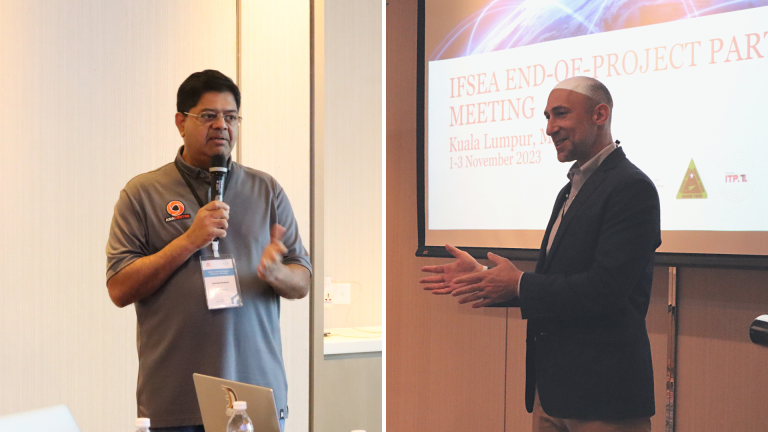
The opening remarks were delivered by Dr. James Gomez, Regional Director of Asia Centre and Zach Lampell, Senior Legal Advisor at ICNL, who then presented a recap of the IFSEA project. Both stressed the successes of the IFSEA project, and the need to sustain the impact through continued collaboration.
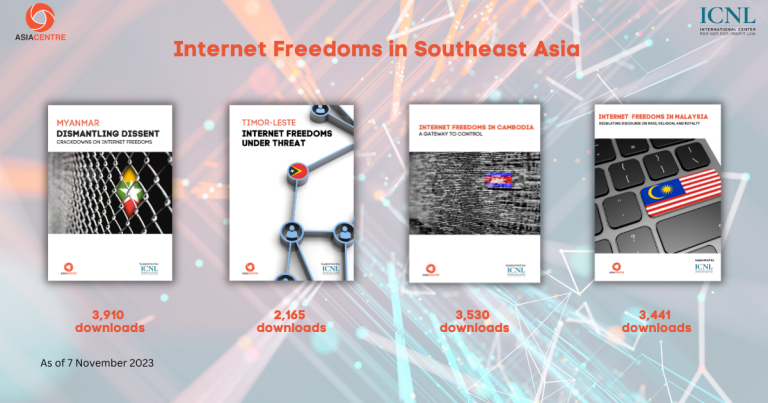
Asia Centre’s collaboration with ICNL has included four baseline studies on internet freedoms in Myanmar, Timor-Leste, Cambodia and Malaysia, published between 2021-2023. Using these findings, the partner organisations undertook research, assessed the current legal frameworks, gave recommendations and carried out other advocacy activities to influence policies in their respective countries.
Over two and a half days, the partners discussed their project designs, challenges encountered, lessons learnt, and the impacts achieved. This included reflections on how, where, and whom their projects had impacted. The meeting also looked forward in terms of stating broad objectives, setting priorities and discussing strategies to achieve them. To that end, partners also considered financial resources, expert knowledge, and regional networks to facilitate future project implementation.
Concluding the meeting, three key ideas emerged which would frame future activities:
- Firstly, continued advocacy to revise restrictive legislation and to enact data privacy protection laws, as well as to promote greater – and more inclusive – internet access.
- Secondly, building a coalition that could facilitate a regional-level engagement.
- Thirdly, capacity-building activities – for the public, in the form of digital media information literacy; and for civil society organisations (CSOs) to effectively promote internet freedoms and digital rights.
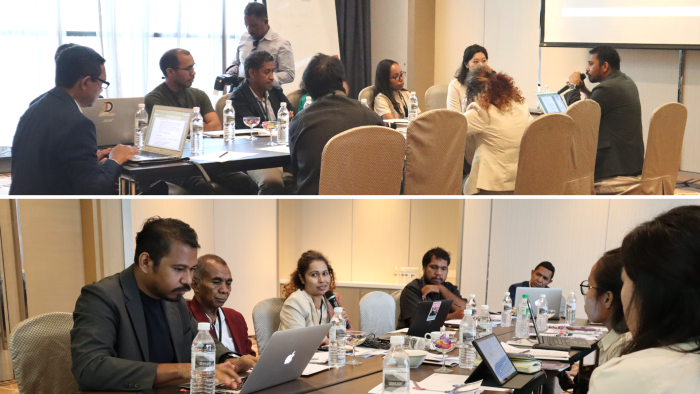
This meeting was complemented by a side event on 2 November 2023, a one-day roundtable discussion on “Internet Freedom and Digital Rights in Timor-Leste” organised for Timor-Leste participants. It was attended by representatives from over half a dozen diverse organisations from that country, and aimed to promote dialogue between Timorese CSOs, media, youth activists, and public institutions. Participants discussed the current challenges and practices pertaining to law, institutions and journalism in Timor-Leste. They also addressed the obstacles and strategies concerning information and communication technology, the telecommunications market, and the digital divide within the country.
The End-of-Project Partners’ Meeting brought the three-year IFSEA project officially to a close. Partners from Cambodia, Malaysia, and Timor-Leste remained committed to developing and expanding their coalition and agreed to work on joint activities in the future.
Asia Centre is a civil society research institute in Special Consultative Status with the United Nations Economic and Social Council. It serves as a knowledge partner and undertakes evidence-based research as well as provides capacity-building training for end beneficiaries. If you would like to collaborate with the Centre, please send an expression of interest to contact@asiacentre.org.



